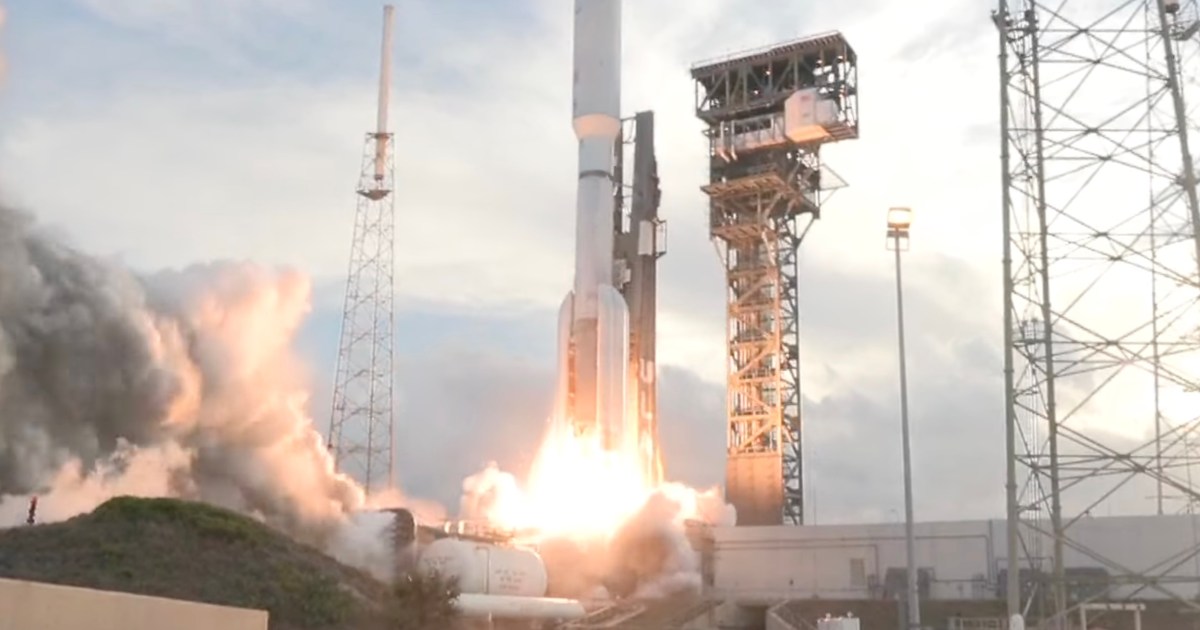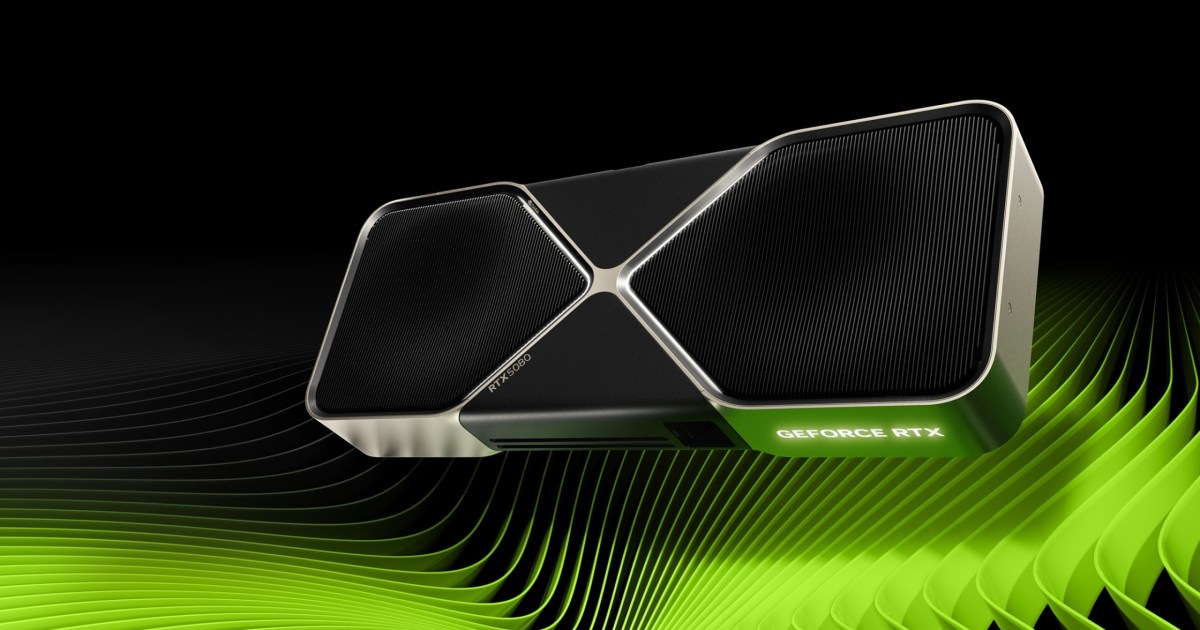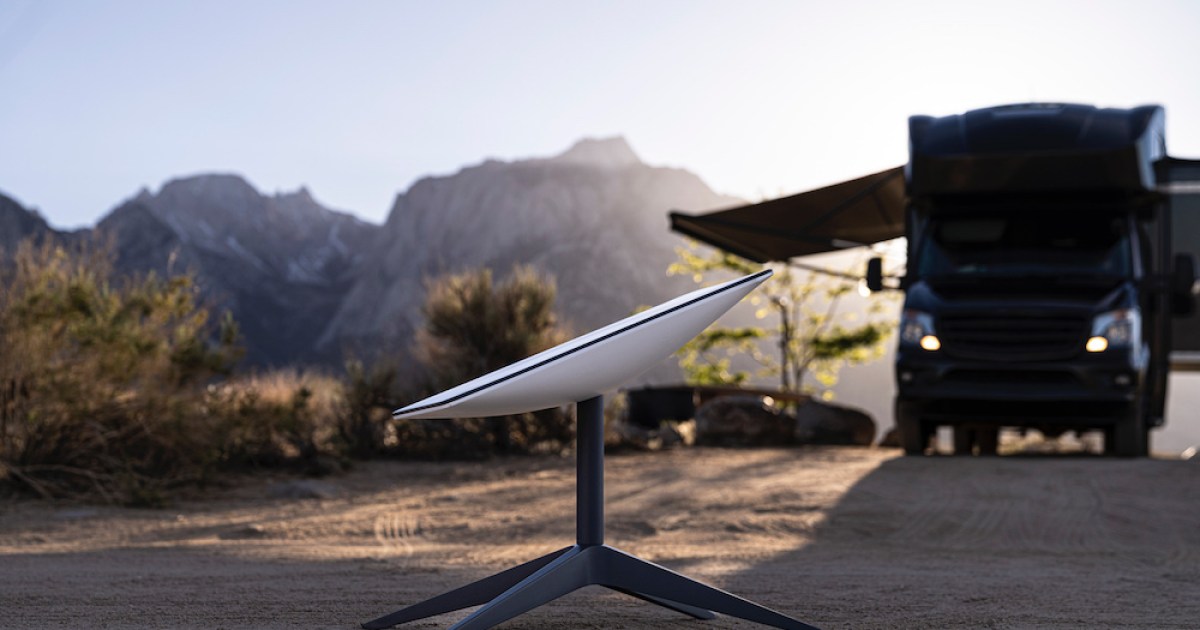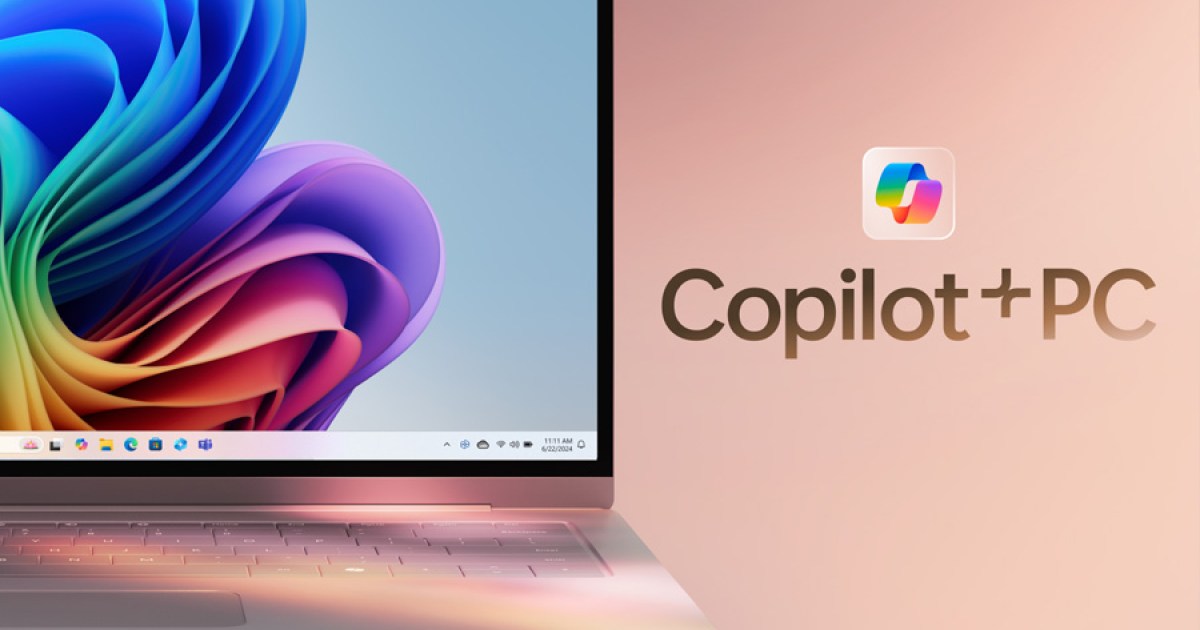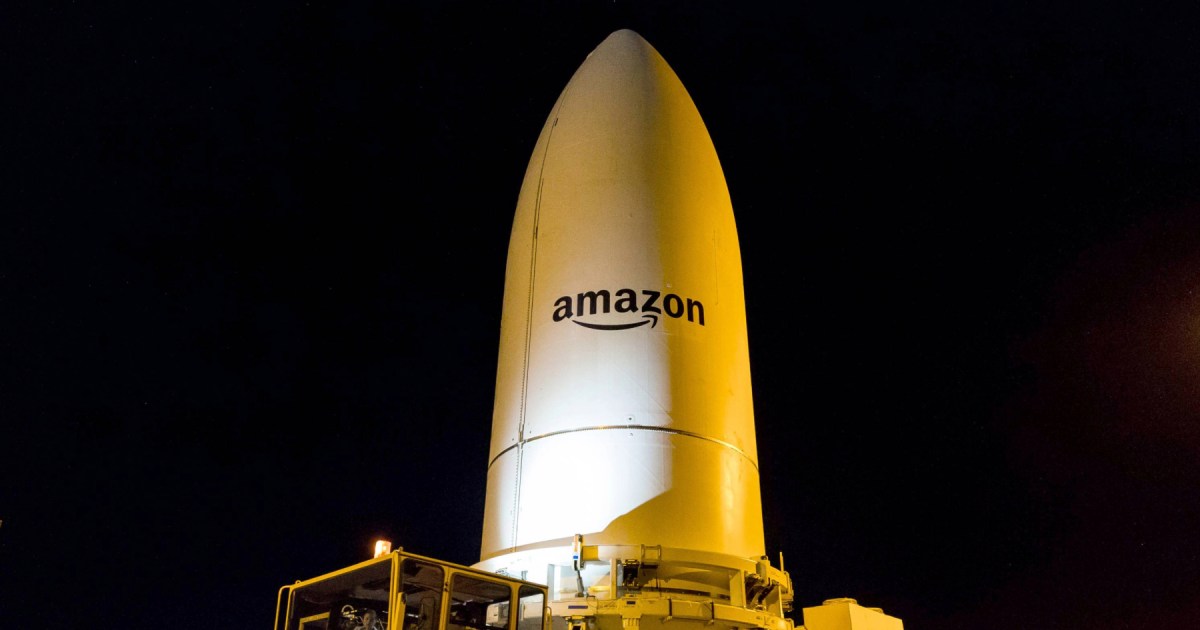Amazon has taken a significant step in its pursuit of space-based internet by successfully launching the first satellites for Project Kuiper. This initiative aims to rival SpaceX’s Starlink service, bringing broadband connectivity to a global audience.
The inaugural launch took place on Monday evening from Cape Canaveral Space Force Station in Florida. A United Launch Alliance (ULA) Atlas V rocket carried 27 Kuiper satellites into low-Earth orbit, approximately 280 miles above Earth. This mission, designated KA-01, marks the beginning of Amazon’s ambitious plan to deploy a constellation of at least 3,200 satellites, providing internet access to individuals and businesses worldwide.
Rajeev Badyal, Vice President of Project Kuiper, emphasized the advanced design of the satellites and the importance of each launch in expanding network capacity and coverage. While extensive ground testing has been conducted, Badyal acknowledged the invaluable learning opportunities presented by real-world flight data, particularly with this being the first deployment of the final satellite design and such a large number of satellites simultaneously.
This launch is part of a broader collaboration between Amazon and ULA, with multiple launches planned throughout 2025 to accelerate the deployment of the Kuiper constellation. ULA’s Atlas V rocket, used for this initial mission, can carry up to 27 Kuiper satellites. However, their newer Vulcan Centaur rocket boasts a higher capacity, capable of deploying up to 45 satellites per launch. Furthermore, Amazon plans to leverage Blue Origin’s New Glenn rocket for future deployments, further diversifying their launch capabilities.
Amazon’s entry into the space-based internet arena comes as SpaceX’s Starlink network is already well established. With over 8,000 satellites in orbit and a reported 5 million subscribers globally, Starlink has a significant head start. This established presence suggests it may take several years for Project Kuiper to achieve comparable market penetration and offer meaningful competition. Nevertheless, Amazon’s commitment to Project Kuiper signifies a long-term investment in the future of global internet connectivity.



